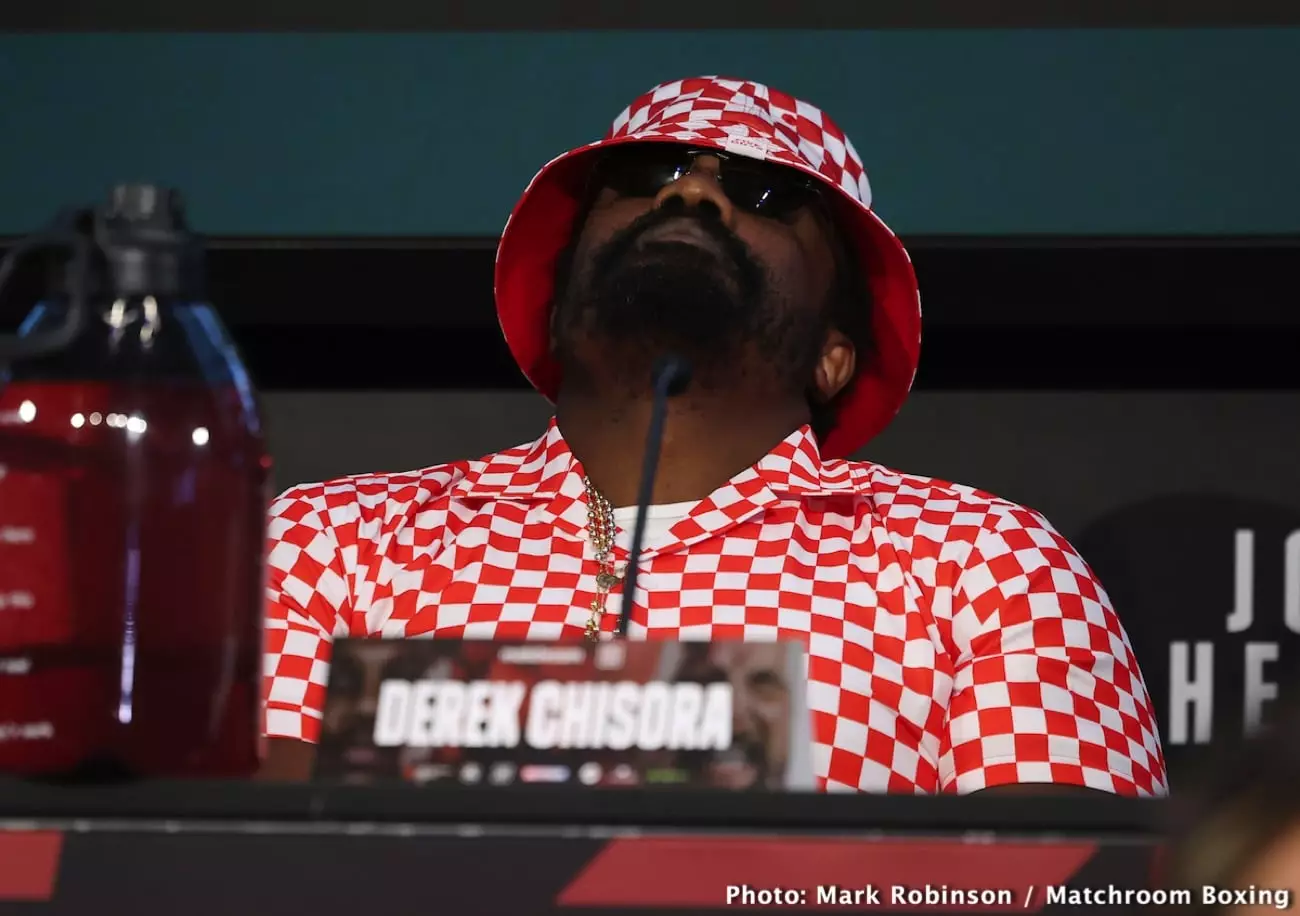Dillian Whyte’s recent performance against Ebenezer Tetteh has raised alarms about the state of his boxing career. The once-prominent heavyweight appeared sluggish and fatigued, leading many fans and analysts to conclude that at 36 years old, Whyte’s best days may be behind him. His struggle to secure what was expected to be a clear victory highlighted the decline of a fighter who has faced numerous challenges in his lengthy career. The fight, which concluded after the seventh round, left viewers questioning not just Whyte’s current capabilities but also his future in the sport.
Boxing is a grueling sport that demands peak physical conditioning and mental acuity. As fighters age, they often face a decline in reflexes, stamina, and overall effectiveness. Whyte’s performance indicated he may be hitting that inevitable decline. Although he has a commendable record of 31 wins and 3 losses, his ability to compete at an elite level now seems in jeopardy. Taking heavy shots from Tetteh, a fighter not known for his prowess, further underlines the concern. Each punch landed arguably served as a reminder that the years of wear and tear on Whyte’s body have started to take their toll.
Despite the evident decline, Whyte remains optimistic about his future in boxing. He has expressed desires to face big names like Anthony Joshua and Tyson Fury—fights that, given the current landscape, seem increasingly unlikely. It raises the question: Are such aspirations grounded in reality, or are they merely a reflection of a fading fighter clinging to past glories? As Whyte contemplates potential matches for 2025, speculation is rife regarding who he should fight next. Boxing pundits have suggested names like Martin Bakole and Johnny Fisher; however, these matchups seem incongruent considering Whyte’s current state.
It is perhaps more prudent for Whyte to consider stepping into the ring with opponents at a similar stage in their careers—fighters like Derek Chisora, with whom he has already clashed. A trilogy fight with Chisora could provide a more balanced challenge, allowing both fighters to compete at a level that respects their experience without pushing them beyond their diminishing abilities. Another option could be facing Joe Joyce, who, while not without flaws, presents a challenge that could match Whyte’s experience.
Ultimately, if Dillian Whyte continues his boxing journey, the emphasis should be on realistic matchups rather than attempting to recapture past glory through high-profile fights. As he navigates this uncertain period, ensuring that he does not expose himself to unnecessary risks is paramount. The world of boxing can be unforgiving, especially for those who linger too long past their prime. Should Whyte choose to fight again, it may very well determine whether his legacy is tainted by struggles in the ring or celebrated for the tenacity he has displayed throughout his career. The reality remains: If he faces another top-tier opponent, the chance of defeat looms larger than ever.

